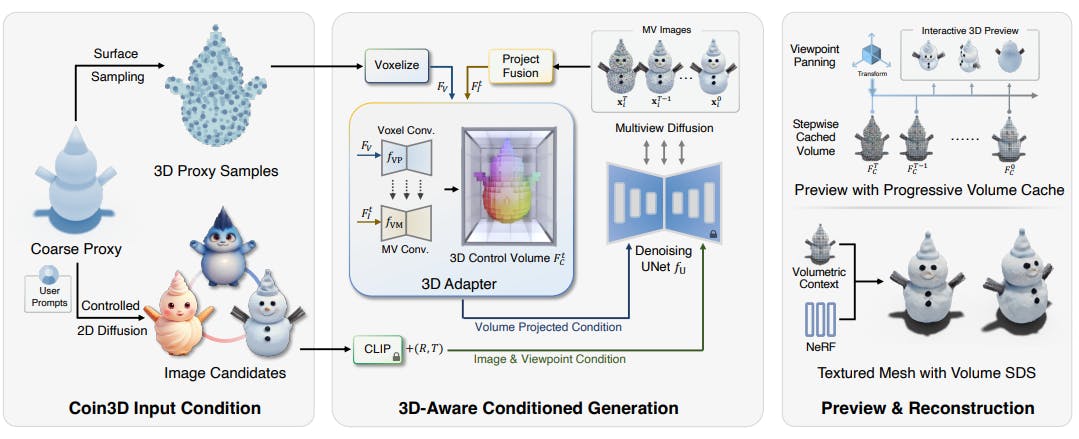You have landed your first job as a coder, but you are aware you represent somewhat of an anomaly in the industry. Perhaps you are not male. Not white. Not neurotypical. You are entering an industry that will feel at times like it is rigged against you, and honestly? The stats suggest it probably is.
But that doesn’t mean you cannot carve out your place.
The following advice comes from 15 years of experience in industry, as a neurodivergent who struggled to find their way, but ultimately did- and held the ladder for others to climb too. While aimed at coders, a lot of these tips are valuable to anyone navigating tech from the margins.
Be Humble
Many new developers, particularly the other half, come out of code camp or university convinced they are about to be rock stars. All the indicators are there; high wages, excellent benefits, and companies desperate to hire.
However, nobody really likes working with rock stars.
The more you learn about this profession, the more you realize you don’t know anything. Nothing says junior quite like overconfidence.
If you want to get ahead, spend these early days observing, listening, and learning as much as possible, from as many different people as possible. While at times you may feel like a wizard, keep your level of cockiness below your level of competence.
Let your peers run around like little dogs, barking and peeing on everything. Your job is to quietly get ahead.
Living With The Culture
Dev culture can be sh*tty. If you want proof, just look at the diversity in engineering teams. If the industry was welcoming (let alone equitable), we wouldn’t be having the same conversations about diversity that we were having 20 years ago.
You will quickly find out that no matter what you do, someone will tell you, how you should have done it better. This often happens when you are asking for guidance in the first place.
But, here’s the thing; tech is too big for one person to know everything. No matter how junior you are, you have something of value to add, and the most experienced engineers are still learning. Always hold on to this.
When it comes to the exclusionary culture, you have two choices
- Learn to make peace with it; although this isn’t so much about peace as much as it is about survival.
- Advocate for the diversity you want to see.
Both options come with trade-offs. Pick your battles wisely.
Don’t Overwork to Try and Impress
Companies will always round upwards from the team’s level of output. If you work ten-hour days every day; congratulations, you have set a new baseline.
Management will assume this is your normal pace, and worse, they may decide you do not need extra help because you clearly have everything in hand. This is particularly an issue in service-based software development, where your time is rebilled.
Set expectations you can sustain, or you will be digging yourself into a hole that you won’t be able to clamber back out of.
When Using LLM’s, Learn to Apply Context
LLMs currently churn out code comparable to that of a solid junior. In 2025-2026, this is expected to increase to that of a good mid-level dev.
So, where does that leave you?
Your value is no longer in encyclopaedic knowledge of languages, or regurgitating syntax, but in applying context.
Understanding the problem, knowing when to challenge the LLMs output, figuring out what actually needs to be built, and stitching it all together.
Even with the acceleration of LLMs, their very nature makes it hard to see how they will ever be able to apply context like this, so it’s an important skill to work up.
Learn How to Communicate
Most coders are terrible at communication. This causes all kinds of problems.
You will get ahead if you can learn to bridge the gap between code and stakeholders.
Clear communication makes you look competent. Confusing, rambling, or overly technical explanations make you look lost even when you are not.
Ask All the Questions, but Make Them Good Questions
While there might be cultural issues, most people will be willing to help you with your problems. However, questions can also be very disturbing to an inflow developer sitting next to you.
Before asking your questions, make sure you have:
- Read the documentation/Asked an LLM to read the documentation and ask questions about it
- Googled it
- Tried debugging it
- Talked your problem out with a rubber duck
If this still hasn’t helped, take all of this to a colleague. Not only will they be able to help you come to an answer, but they may also be able to help you work out where you went astray in trying to solve the problem.
Remember, Code Is the Thin End of the Wedge
Your job is to provide value, not just code.
- It doesn’t matter how clever your code is if it’s not going to last more than a year in production.
- It doesn’t matter how fast your code is if it does not solve the problem.
Produce code that adds value and does not just show off how great you are (refer to the cockiness chart as required).
Take a Genuine Interest in Problems You Are Presented With
Repeatedly, through my career, I have been told that what separates me from other developers, is taking the time and care to really understand the problem before attempting to design the solution.
This requires
- careful observation of the problem
- asking the right questions
- Approaching problems from a place of humility
If you can do this, you will stand out
Know When to Walk Away
Knowing when to get up and walk away from your computer is key. Many problems are not solved at your desk.
Answers will come while:
- You are having your breakdown behind the bike shed
- In the shower
- Commuting
- Drifting off to sleep
Knowing when to step away is crucial; don’t force it.
You’re Not a Fraud; You Just Don’t Know Everything (And Never Will)
Imposter syndrome is real, particularly, for the other half of us. Even senior devs suffer from it. The trick is to learn to function despite it.
Nobody expects you to know everything. Your value is not just knowledge; it’s how you think, and if you are from an under-represented group, know that how you think is one of the most valuable things you can contribute to tech right now.
That said, the reality is,
- you can never know everything
- You will learn the patterns
- It gets easier
Until then, just keep swimming.
Final Thoughts; Survive Then Thrive
Your early years in tech will be tough. If you don’t fit the mold, they may be even tougher. But you can find your place.
You don’t have to be the loudest person in the room; you don’t have to be the most technically able. You don’t need to work until burn out, and you do not need to play along with the toxic culture.
What you do need is;
- The patience to observe and learn.
- The humility to accept you will never know everything.
- The confidence to know you always have a valuable contribution to make
The best developers are not the ones who know everything; they are the ones who never stop learning.
Learn to survive, then eventually you will thrive.










